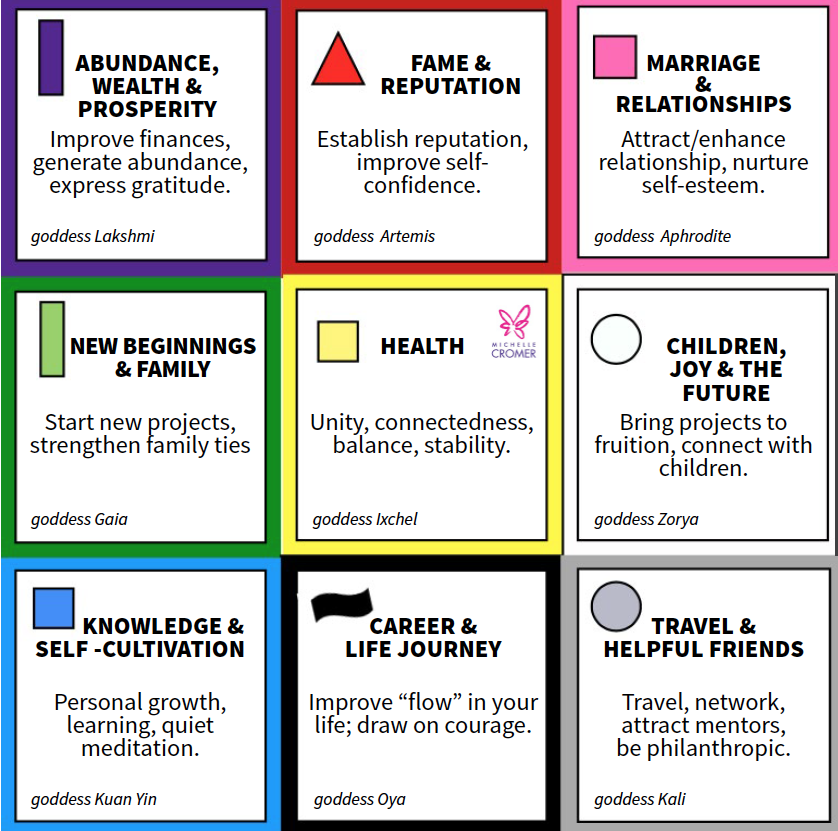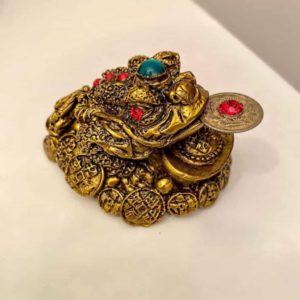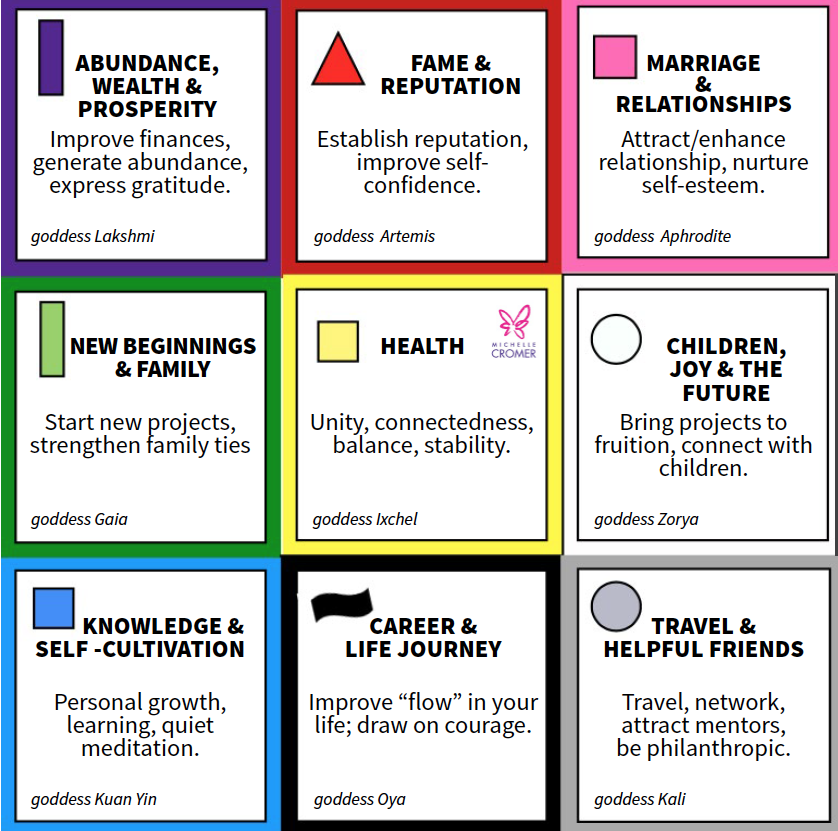
When you move from an old home to a new one you are symbolically beginning a new chapter in your life. It is a perfect time to leave old habits and bad memories behind. Moving is good for the spirit and the mind.

Here are nine harmonious tips to balance your new home:
- Clean out the old to make way for the new.
- Thank your old space for the moments and memories and wish the future tenants well.
- Sage the new house – all the windows and doors open.
- Clean, clean, clean!
- New paint.
- Before moving in, bring your new house flowers and a bowl of fruit giving thanks to the guardians of the home.
- The first time each member of the home walks through the door, make sure they are not empty-handed and have something that holds meaning for them.
- Turn on all the lights – lighting the way to new opportunities.
- Sit in a circle with all the members of the home and give thanks and set some intentions for the time you will spend in this space.
One of my favorite quotes about the home is from the movie Under the Tucson Sun, “What are four walls anyway? They are what they contain. The house protects the dreamer. Unthinkable good things can happen, even late in the game.”
Here’s to a clean start and a new beginning!
Have any Feng Shui questions? Feel free to contact me at michelle@michellecromer.com and sign up for your Power Color or visit me on Facebook at Michelle Cromer Feng Shui.




 Use healing aromatherapy oils. An oil diffuser is nice as it sends the scent into the air. You can turn it on or off as needed. Lavender is relaxing, Eucalyptus is energizing. Peppermint is good for congestion. You can ask the person what their favorite flower scent is and find that oil. I used rose.
Use healing aromatherapy oils. An oil diffuser is nice as it sends the scent into the air. You can turn it on or off as needed. Lavender is relaxing, Eucalyptus is energizing. Peppermint is good for congestion. You can ask the person what their favorite flower scent is and find that oil. I used rose. 
 One of the easiest ways to ensure that the chi of your home remains loving and supportive is to be selective as to whom you invite into your home. However, it is not always possible to keep out potentially harmful people but we can take precautions. Have a routine of thorough cleansing or
One of the easiest ways to ensure that the chi of your home remains loving and supportive is to be selective as to whom you invite into your home. However, it is not always possible to keep out potentially harmful people but we can take precautions. Have a routine of thorough cleansing or 
 The principles of feng shui have existed for thousands of years. It was first used in China for the graves of the royal family and then the ancestors. Like the
The principles of feng shui have existed for thousands of years. It was first used in China for the graves of the royal family and then the ancestors. Like the 
